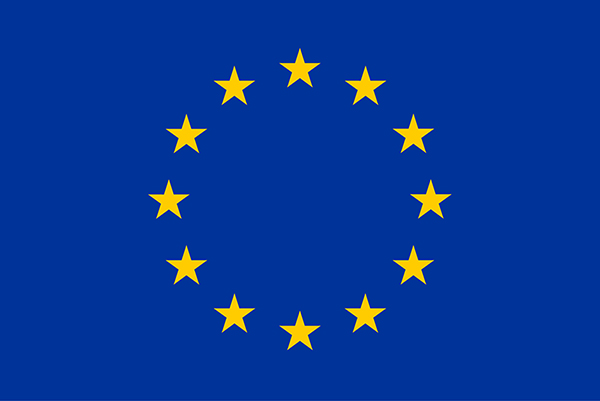-
Who we are
WHO WE AREThe International Organization for Migration (IOM) is part of the United Nations System as the leading inter-governmental organization promoting since 1951 humane and orderly migration for the benefit of all, with 175 member states and a presence in 171 countries.
-
Our Work
Our WorkAs the leading inter-governmental organization promoting since 1951 humane and orderly migration, IOM plays a key role to support the achievement of the 2030 Agenda through different areas of intervention that connect both humanitarian assistance and sustainable development.
What We Do
What We Do
Partnerships
Partnerships
- Where we work
-
Take Action
Take Action
Work with us
Work with us
Get involved
Get involved
- Data and Research
- 2030 Agenda
Facts and Figures

1.9 Million

-74.2 thousand

3.4% (% of GDP)

59.5%
Latvia first signed an observer agreement in 1994 and joined the International Organization for Migration in 1999 as a full member state. There is no country in the world that is not subject to international migration flows. Each country is either the country of origin, transit, the country of destination or all three at the same time.
- Current Projects
-
The focus of IOM’s work in Latvia centers on return and reintegration. In 2019, IOM in the Republic of Latvia launched the European Union Asylum, Migration and Integration Fund project “Provision of Voluntary Return and Reintegration Assistance in Latvia, 2019-2022”. (Grant Agreement No AK / IOM / PMIF / 2018/1). The project was implemented from January 3, 2019 to December 31, 2022.
The project makes a significant contribution to improving the effectiveness of immigration control in the Republic of Latvia and helps to ensure the implementation of Directive 2008/115 / EC of the European Parliament and of the Council. The implementation of the project encourages third-country nationals to return voluntarily to their country of residence, which ensures the efficient and rapid return of third-country nationals and reduces the burden on public authorities in organizing the return process.
In order to promote the expansion of voluntary return assistance and successful co-operation with the responsible state institutions, at the end of 2012 a co-operation agreement was concluded between the International Organization for Migration and the State Border Guard of the Republic of Latvia. Even after the implementation of the project, IOM plans to ensure the provision of long-term and sustainable voluntary return assistance using the available financial sources.
Provision of voluntary return assistance.
The project envisages providing voluntary return assistance to around 280 people.
Regular surveys of asylum centers provide information on voluntary return and reintegration assistance and personal counseling according to each person's situation. Upon receipt of an application for voluntary return, each case will be coordinated with the VRS and OCMA. If necessary, a valid travel document will be provided, tickets will be reserved and, upon receipt of the departure order, tickets will be purchased. On the day of departure, returnees will be escorted to the airport, train station or bus station, where a cash benefit will be paid. Transit assistance or pick-up assistance will also be provided if required. Vulnerable people will be given special attention with maximum assistance.
Provision of reintegration assistance.
The project envisages providing reintegration assistance to about 140 people.
Upon return to their home country, potential beneficiaries of reintegration assistance will be consulted on reintegration opportunities in cooperation with the IOM offices in the countries of origin. In coordination with the IOM Riga Office, the most vulnerable migrants will be selected for reintegration assistance, the most appropriate type of assistance will be selected and reintegration services will be provided. Reintegration assistance will be provided within one year of voluntary return to the country of origin.
Provision of temporary accommodation assistance to voluntary returnees.
The project is intended to help 56 people.
Assistance for the purchase of temporary accommodation, food and basic necessities for those who do not have the means to support themselves and their families until they leave. These people will be paid for a stay in one of the hostels or cheaper hotels until the day of departure.
The project complies with the Commission Implementing Decision (4.12.2015) C (2015) 8521 approving the Latvian state program for receiving support from the Asylum, Migration and Integration Fund for the period from 2014 to 2020 and the Asylum, Migration and Integration Fund (2014- 2020) to the National Program of Latvia.
The draft is fully in line with Directive 2008/115 / EU of the European Parliament and of the Council of 16 December 2008 on common standards and procedures in Member States for returning illegally staying third-country nationals.
The project is co-financed by the European Union. Project funding is 532,651 EUR. Project funding sources - Asylum, Migration and Integration Fund 75% and State budget funds 25%.

- Project Information Updates
- Archives
- Contact Info
-
IOM Riga Office
UN House Pils 21 (2th floor),
LV-1050 Riga, Latvia (view map)Tel.: +371 67503627
E-mail: imezs@iom.int



